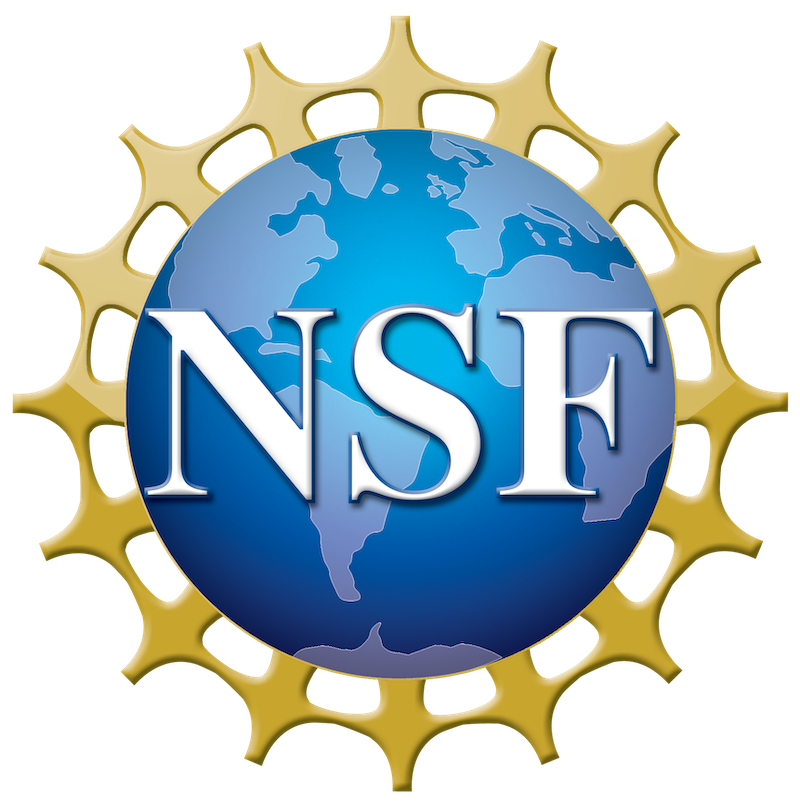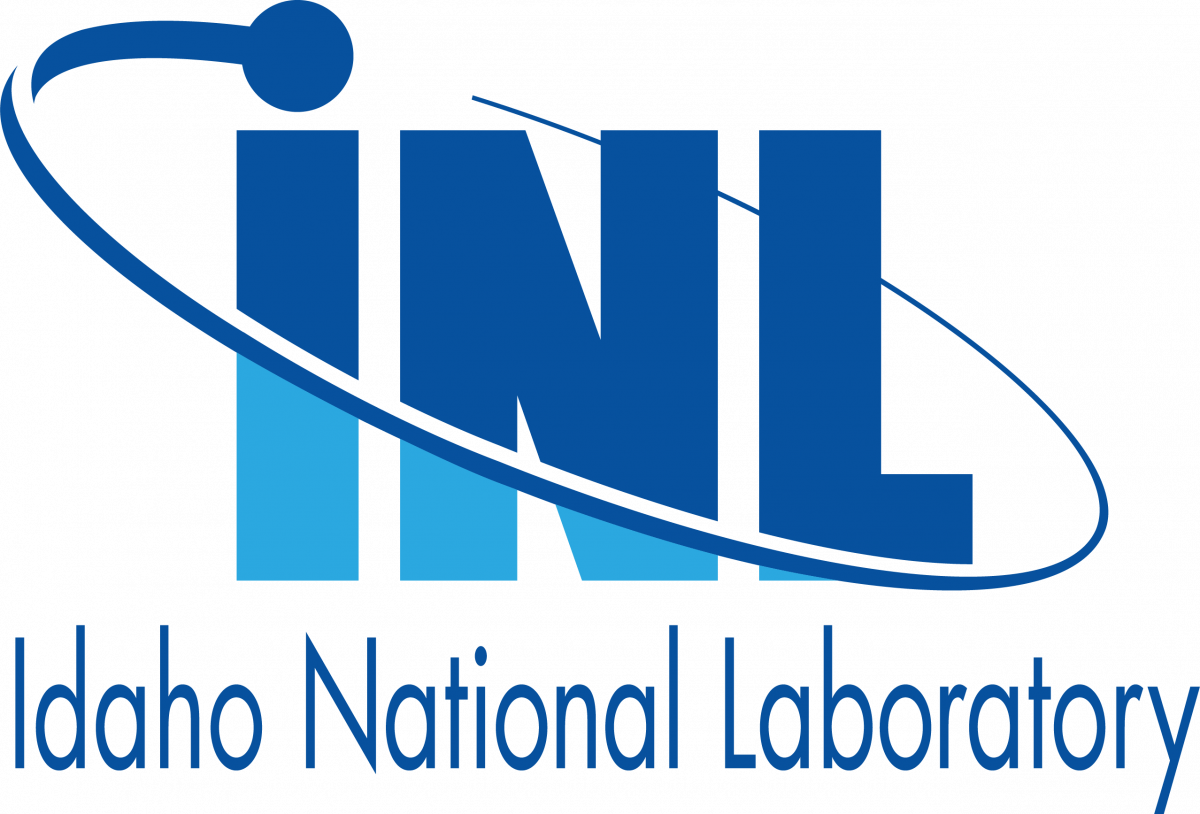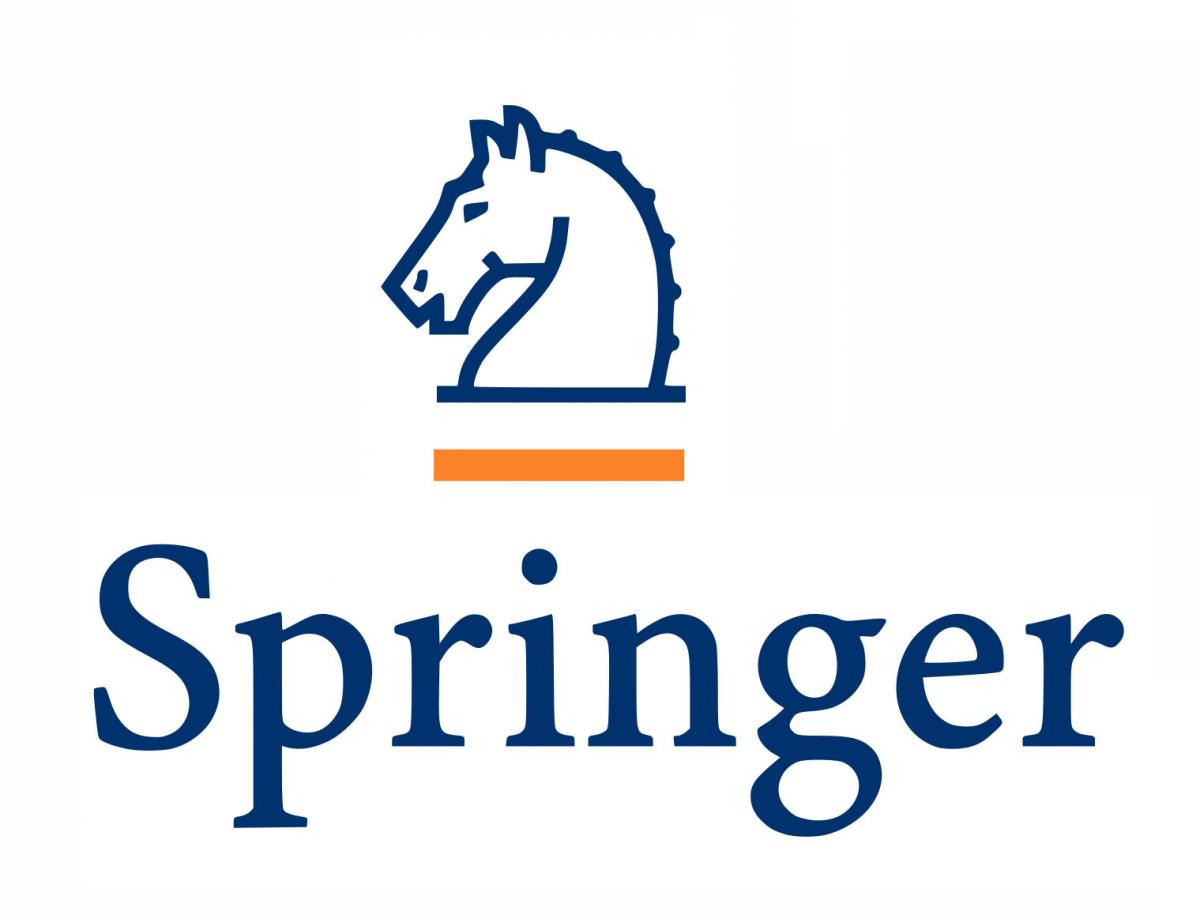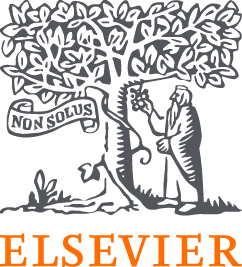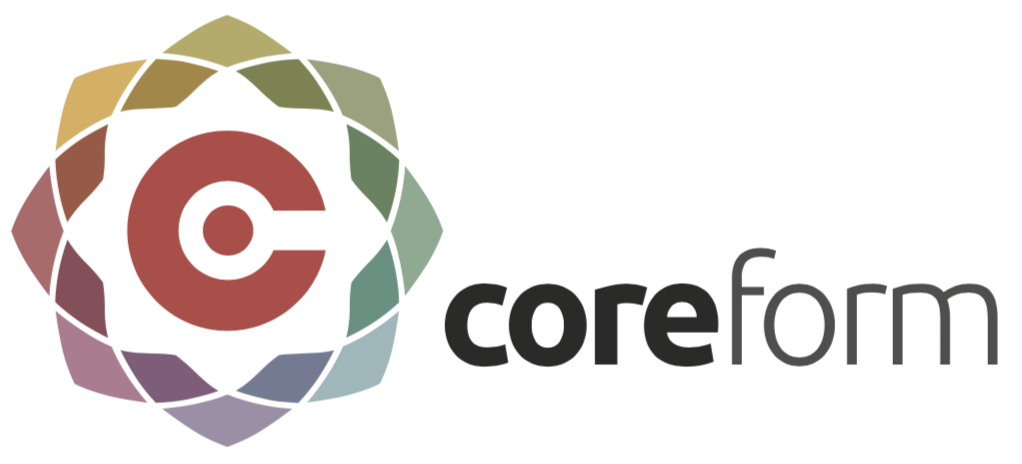Below is a current list of Congress Minisymposia.
100: Honorary Minisymposia
101 - Isogeometric Methods – A Symposium in Honor of Thomas J.R. Hughes, Alessandro Reali, Yuri Bezilevs, David Benson, Rene de Borst, Trond Kvamsdal, Giancarlo Sangalli, Clemens Verhoosel
102 - Minisymposium in Memory of Professor Ilinca Stanciulescu: Computational Mechanics for Complex Material and Engineering Systems, Tao Jin, Tod Laursen
200: Computational Biological Systems
The Computational Biological Systems Emphasis Area includes minisymposia that focus on theory, methods and applications relevant to, but are not restricted to, the biomechanics of cells and tissues; topics in medicine and surgery such as cardio-vascular models, neurological applications and obstetrics; as well as cross-cutting themes such as growth and remodeling, patterning and morphogenesis.
201 - Advances in Computational Biomechanics and Mechaniobiology, David Pierce, Corey Neu, Stéphane Avril
202 - Cell Mechanics and Mechanobiology, Shiva Rudraraju, Hector Gomez, Christian Franck, Krishna Garikipati
203 - Data-Informed Computational Models and Methods for Predicting Tumor Growth and Treatment Response, Guillermo Lorenzo, Ryan Woodall, David A. Hormuth II, Michael R. A. Abdelmalik, Russell C. Rockne, Alessandro Reali, Thomas E. Yankeelov, Thomas J. R. Hughes
204 - Machine Learning and Artificial Intelligence for Computational Mechanics in Medicine, Adrian Buganza Tepole, Ellen Kuhl, Michael Sacks, Krishna Garikipati
205 - Multiphysics and Data-Driven Modeling for Cardiovascular Biomedicine, Debanjan Mukherjee, Adarsh Krishnamurthy, Ming-Chen Hsu
207 - Modeling Growth, Biological Networks Development, and Interfaces in Soft Matter, Christian Peco, Hector Gomez, Franck Vernerey, Sulin Zhang
208 - Imaging-Based Methods in Computational Medicine, Yongjie Jessica Zhang, Adrian Buganza Tepole, Rafael Grytz, Maria Holland, Johannes Weickenmeier, Aishwarya Pawar
300: Computational Fluid, Solid and Structural Mechanics
The Computational Fluid, Solid and Structural Mechanics Emphasis Area includes a number of minisymposia that address aspects of numerical modeling pertaining to this topic. It encompasses, although not exclusively, minisymposia on phenomena of turbulence, creeping flows, nanofluidics, nonlinear response and failure of solids, contact mechanics, fluid-structure interaction, large structural systems and other coupled problems.
301 - Computational Methods and Design for Impact and Safety Problems, Jun Xu, Chao Zhang, Howie Fang, Qian Wang, Qing Li
302 - Computational Modeling of Extreme Loading Environments, Kent Danielson, Stephen Beissel, Michael Puso, David Littlefield
304 - Data Science for Fracture and Failure Mechanics of Materials, Timothy Truster, Varun Gupta, Soheil Soghrati, Haim Waisman
305 - Recent Advances in Computational Fracture Mechanics and Failure Analysis, Yoshitaka Wada, Hiroshi Okada, Toshio Nagashima, Xiaosheng Gao
306 - Advances in Modeling and Simulation of Material Damage and Failure, Lampros Svolos, Mostafa Mobasher, Luc Berger-Vergiat, Hashem Mourad, Haim Waisman
307 - Phase-Field Modeling and Computation, Marco ten Eikelder, Laura De Lorenzis, Krishna Garikipati, Yu Leng, Hector Gomez
308 - Peridynamics and its Applications, Erkan Oterkus, Erdogan Madenci, Selda Oterkus
309 - Computational Generalized Continua, Gradients, and Nonlocal Mechanics, Richard Regueiro, Remi Dingreville, Nathan Miller, Matthias Neuner, Christian Linder
310 - Beyond Crystal Plasticity Finite Element for Structure-Property Relationship, Anh Tran, Hojun Lim, Philip Eisenlohr, Marko Knezevic, Coleman Alleman, Robert Carson, Nicole Aragon
311 - Advances in Material Model Calibration for Computational Solid Mechanics, Coleman Alleman, John Emery, Tom Seidl
312 - Invariant-Domain Preserving Hydrodynamics: From Euler to Navier-Stokes, Jean-Luc Guermond, Madison Sheridan
313 - Fluid-Structure Interaction in Interface and Moving Boundary Problems, Christian Peco, Koji Nishiguchi, John A. Evans, Artem Korobenko, Tomohiro Sawada, Jinhui Yan, Guglielmo Scovazzi, Yuri Bazilevs
314 - Fluid-Structure Interaction: Modern Modeling and Simulation Technologies, Justin Kauffman, Scott Miller, John Gilbert
315 - Mixed Discretization Methods in Solid, Fluid and Coupled Simulations, Ado Farsi, Giacomo Capodaglio
316 - Computational Methods in Environmental Fluid Mechanics, Eirik Valseth, Ethan Kubatko, Clint Dawson, Kauo Kashiyama
317 - Recent Advances in FE Methods for Coupled Problems in Incompressible Fluid Dynamics, Tamas Horvath, Loic Cappanera, Giselle Sosa Jones
318 - Towards Robust and Efficient High-Order Methods for Unsteady Nonlinear Partial Differential Equations, David Del Rey Fernandez, Brian Vermeire, Siva Nadarajah
319 - Computational Interface and Contact Mechanics, Michael Puso, Peter Wriggers, Jerome Solberg
320 - Multiscale Interfacial Mechanics, Nikhil Chandra Admal, Brandon Runnels, Giacomo Po, Enrique Martinez
321 - MeshTrends 2023: Symposium on Trends in Unstructured Mesh Generation, Franck Ledoux, Steven Owen, Matthew Staten
322 - Novel Strategies for Nonlinear Simulation of Threaded Fastener Joints and Structures: Modeling, Calibration, Failure, and Uncertainty Quantification, John Mersch, Jeffrey Smith, Matthew Brake
323 - Active Materials and Structures, Shawn Chester, Jaafar El-Awady, WaiChing Sun
324 - Recent Advances in Discretization Techniques, Element Technology, and Mesh Adaptivity for Inelasticity, Localization, and Failure, James W. Foulk III, Alejandro Mota, Brandon Talamini, Michael Tupek, Julian Rimoli, N. Sukumar
400: Data-Driven Modeling and Uncertainty Quantification
The Data-driven Modeling and Uncertainty Quantification Emphasis Area includes minisymposia focused on development of algorithms focused on uncertainty quantification, and data-driven modeling, e.g., artificial intelligence and machine learning (AI/ML) algorithms, to exploit data for solutions to vexing computational mechanics problems. These include, but are not limited by, novel methods of leveraging models and data of varying fidelity, supplementing sparse data sets, reducing solution cost for foward problems to address uncertainty, methods for physics-constrained AI/ML, and interpretable AI/ML methods are of interest. Also, minisymposia targeting applications of AI/ML that do not obviously fit other Emphasis Area are encouraged.
401 - Physics-Based Data-Driven Modeling and Uncertainty Quantification in Computational Materials Science and Engineering, Johann Guilleminot, Michael Shields, Lori Graham-Brady, Kirubel Teferra
402 - Physical Knowledge in Machine Learning Based Uncertainty Quantification: Applications in Solid Mechanics, Geoffrey Bomarito, Jacob Hochhalter, John Emery, James Warner, Kyle Johnson
404 - ML-Aided Uncertainty Quantification for Complex Systems Analysis, Som Dhulipala, Michael Shields, Xu Wu, Audrey Olivier, Jarek Knap, Ting Wang
405 - Scientific Deep Learning, Tan Bui-Thanh, Hai Van Nguyen, Krishnanunni Chandradath Girija
406 - Advances in Transferring and Adapting Knowledge Between Domains in Deep Neural Networks, Somdatta Goswami, Katiana Kontolati
407 - Data-Driven and Probabilistic Methods for Model-Form Error, Teresa Portone, Kathryn Maupin
408 - Model Order Reduction for Parameterized Continuum Mechanics, Youngsoo Choi, Masayuki Yano, Matthew Zahr
409 - Machine Learning and Model-Based Dimension Reduction for Exploration and Interpretation of Dynamical and Industrial Systems [Merged with 606], Andrew Glaws, Joseph Cohen, Zachary Grey, Xun Huan, Michael Schmidt
410 - Surrogate Models for Expediting Many-Query Applications in Computationally Demanding Dynamical Systems, Parisa Khodabakhshi, Elnaz Seylabi
413 - Data-Driven Computational Solid and Geological Mechanics, Qizhi He, WaiChing Sun, Jiun-Shyan Chen, Xiaolong He
414 - Inverse Problems and Reduced Order Modeling for Wave Propagation Problems, Thomas Hagstrom, Daniel Appelo, Lu Zhang
415 - Computational Methods for Inverse Problems and Optimal Experimental Design, Timothy Walsh, Wilkins Aquino, Volkan Akcelik, Bojan Guzina
416 - Recent Developments in Operator Networks, Assad Oberai, Daniel Huang, Lu Lu, Dhruv Patel, Paris Perdikaris, Deep Ray, Yue Yu
417 - UQ-TTA Student Paper Competition in Uncertainty Quantification, Serge Prudhomme, Johann Guilleminot, Jianxun Wang, Michael Shields
418 - Data-Enhanced Modeling and Uncertainty Quantification of Systems with Multiple Fidelities, Alex Gorodetsky, John Jakeman, Mike Eldred, Gianluca Geraci
419 - Multi-Fidelity Information Fusion with Data-Driven Models in Computational Applications, Gianluca Geraci, Timothy Wildey, Tian Yu Yen, Daniele Schiavazzi, Mohammad Motamed
420 - Probabilistic Learning and Constrained Generative Models, Sanjay Govindjee, Roger Ghanem, Johann Guilleminot, Cosmin Safta, Michael Shields, Christian Soize, Charbel Farhat
421 - Software Tools for Uncertainty Quantification and Machine Learning with Applications to Computational Science, Som Dhulipala, Zachary Prince, Peter German, Dewen Yushu, Yifeng Che
422 - Advances in Data-Driven Model Development, Alireza Doostan, Alexandre Cortiella, Assad Oberai, Jianxun Wang
423 - Recent Advances in Data-Intensive Physics-Informed Machine Learning for Accelerating Computational Science, Romit Maulik, Qi Tang, Joshua Burby
424 - Scientific Machine Learning for Computational Mechanics (SciML4CM), Aishwarya Pawar, Aditya Balu, Baskar Ganapathysubramanian, Ming-Chen Hsu, Adarsh Krishnamurthy
500: Specialized Methods in Computational Mechanics
The Novel Methods Emphasis Area includes a broad range of minisymposia focused on novel methods in computational engineering and sciences such as, but not limited to, isogeometric analysis, meshfree, particle methods, spectral elements, DG methods, generalized/extended finite element methods, etc.
502 - Recent Developments in Peridynamics Modeling, Patrick Diehl, Pablo Seleson, Erkan Oterkus, Fei Han, Gilles Lubineau, Robert Lipton
503 - Current Trends and Advances in Coupled Simulations and Enriched Finite Element Methods, Patrick O'Hara, Alejandro Aragon, Daniel Dias-da-Costa, C. Armando Duarte
504 - Interface Reconstruction and Constrained Mesh Data Transfer, Mikhail Shashkov
505 - Interface Problems in Nonlocal Modeling: Advances in Local-to-Nonlocal and Nonlocal-to-Nonlocal Coupling Methods, Pablo Seleson, Marta D’Elia
506 - Innovative Discretization Methods for Partial Differential Equations on Polytopal Meshes, Gianmarco Manzini, Joseph E. Bishop, Michele Botti, N. Sukumar
507 - Industrial Applications of IGA, Emily Johnson, Hugo Casquero, Ming-Chen Hsu, Yongjie Jessica Zhang, Matt Sederberg
509 - Geometric Mechanics Formulations and Structure-Preserving Discretizations for Continuum Mechanics, Christopher Eldred, Anthony Gruber, Artur Palha
510 - Performance-Portable Algorithms for Unstructured Mesh Applications, Anjali Sandip, Irina Tezaur
511 - Advances in Novel Property-Preserving Numerical Methods for Hyperbolic Problems, Pavel Bochev, Dmitri Kuzmin, Denis Ridzal
512 - Immersed/Unfitted Discretizations in Computational Mechanics: Mathematics, Algorithms, and Applications, Guglielmo Scovazzi, Nabil Atallah, Santiago Badia, Hugo Casquero, Fehmi Cirak, Alexander Düster, Baskar Ganapathysubramian, Ming-Chen Hsu, WaiChing Sun, Vladimir Tomov, Jinhui Yan
513 - Advances and Applications in Meshfree and Particle Methods, Zhen Chen, Joseph E. Bishop Bishop, Jiun-Shyan Chen, Sheng-Wei Chi, John Foster, Michael Hillman, Marc Schweitzer, C.T. Wu
515 - Stabilized, Multiscale, and Multiphysics Methods, Guillermo Hauke, Isaac Harari, Arif Masud
516 - Waves: Advanced Numerical Methods and Applications, Reza Abedi, Robert Haber, Tamas Horvath, Alireza Amirkhizi
517 - Advances in Numerical Methods for Solution of PDEs, Alexander Idesman
600: Advanced Manufacturing, Materials, and Multiscale Methods
The Advanced Manufacturing, Materials, and Multiscale Methods Emphasis Area includes minisymposia that focus on computational methods to facilitate manufacturing, design of components that leverage advanced manufacturing capabilities, optimization of design and manufacturing processes, computational efforts to leverage additive manufacturing, and methods to explore and bridge length scales, from nano to engineering length scales.
601 - Emerging Topology and Shape Optimization Techniques in Computational Design of Materials and Structures, Ahmad Najafi, Kai James
602 - New Trends in Topology Optimization, Emilio Carlos Nelli SIlva, Glaucio Paulino, Shelly Zhang, Shinji Nishiwaki
603 - Recent Advances in Large-Scale Optimal Engineering Design, Brendan Keith, Boyan Lazarov, Harbir Antil, Drew Kouri, Denis Ridzal
604 - Modeling and Simulation for Additive Manufacturing, Albert To, Yuichiro Koizumi, Stefan Kollmannsberger, Andreas Lundback, Gregory Wagner, Ashley Spear, Dan Moser, Kyle Johnson, Mike Stender, Theron Rodgers
606 - Industrial Artificial Intelligence and Smart Manufacturing [Merged with 409], Joseph Cohen, Xun Huan
607 - Multiscale Methods for Advanced Manufactured Materials, John Mitchell, Kyle Johnson, Thomas Ivanoff, Kevin Long, John Emery
608 - Beyond Fingerprinting: AI Approaches to Unearthing Process-Structure-Property Correlations in Additive Manufacturing, Jonas Actor, Elise Walker
609 - Machine Learning for Predicting Material Properties, Design, and Discovery of New Materials, Hongkyu Yoon, Pania Newell, Azadeh Sheidaei, Mohammad Saber Hashemi
610 - Architected Materials and Structures, Nilesh Mankame, Pablo Zavattieri, David Restrepo, Tian "Tim" Chen
611 - Data-Driven and Multiscale Modeling of Energy and Quantum Materials, Amartya Banerjee, Ananya Balakrishna, Vikram Gavini
612 - Damage Mechanics Across Scales, Ryan Sills, Coleman Alleman, Aaron Kohnert, Laurent Capolungo
615 - Impact Dynamics of Complex Composites Modeling by Classical Discretization Methods and AI/ML Tools [Merged with MS610], Eligiusz Postek, Tomasz Sadowski, Somnath Ghosh
616 - Multi-Scale and Multi-Physics Computations in Fluids and Solids, Yozo Mikata, Glaucio Paulino
700: Special Topics
The Special Topics Emphasis Area solicits minisymposia targeting the following list: High performance computing and exascale; Computational mechanics software; Climate modeling and simulation; Simulation and algorithms for advanced energy topics such as fusion, hydrogen, and renewables; and Computational geoscience and geomechanics. Additional computational mechanics topics that do not readily conform to other Emphasis Areas are welcomed for consideration.
702 - Machine Learning and Quantum Computing for Earth Sciences [Merged with 704], Teeratorn Kadeethum, Daniel O'Malley, Youngsoo Choi, Hongkyu Yoon, Maruti Mudunuru, Kalyana Nakshatrala, Thushara Gunda, Leila Hernandez Rodriguez, Michelle Newcomer, Sam Foreman, Bulbul Ahmmed, Satish Karra, Mahantesh Halappanavar
703 - Approximation of Fluid Models of Plasma for Fusion Development, Jesus Bonilla, Qi Tang, John Shadid
704 - Machine Learning for Subsurface Energy, Hydrology, and Earth Sciences [Merged with 702], Maruti Mudunuru, Kalyana Nakshatrala, Thushara Gunda, Leila Hernandez Rodriguez, Michelle Newcomer, Sam Foreman, Bulbul Ahmmed, Satish Karra, Mahantesh Halappanavar
705 - Geomechanics of the Cryosphere, Kara Peterson, Devin O'Connor, Svetoslav Nikolov
706 - Dakota Software for Optimization, Uncertainty Quantification and Model Calibration, J. Adam Stephens, Gianluca Geraci, Brian Adams
707 - Computational Advances in Earth System Modeling, Mauro Perego, Andrew Salinger, Irina Tezaur
709 - NSF Funding Opportunities for Computational Mechanics, Joe Bishop, NSF CMMI program managers


